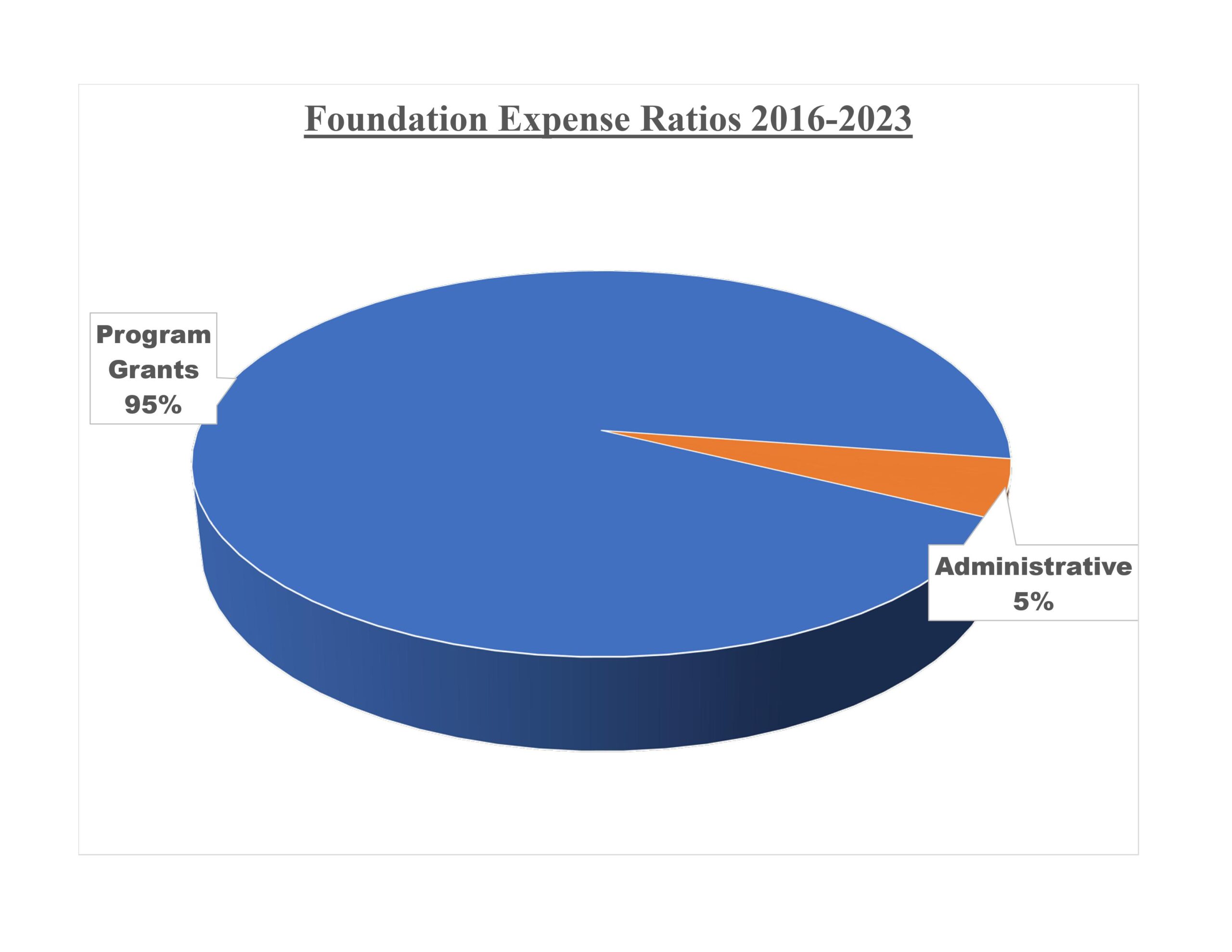About Us
- HOME
- About Us
Help With Featured Cause
GCH Heritage Foundation Background
Read about of history and position statement supporting our grants.



Our History
Although GCH Heritage Foundation is a new organization, it has its roots and its mission from Garden City Hospital, which provided charitable community services for over 60 years.
On July 1, 2014, Garden City Hospital became a for-profit hospital under new ownership. As a result, the Garden City Hospital Foundation became unaffiliated with the hospital because it could not provide financial grants to a for-profit organization. Several members of the executive team restructured the Foundation and developed a new business plan that would focus on improving the health and welfare of the community and support a broader variety of health and service organizations.
The initial intent of GCH Heritage Foundation is to use its funds to encourage innovation in the clinical arena for the benefit of the children in the community.
Position Statement about Children's Health
There are many children in Southeastern Michigan who have relatively easy access to quality healthcare and strong health status indicators. One reason is the State of Michigan efforts at providing health insurance for all children have been quite effective: According to the Census Bureau, only 6 percent of all Michigan children are not covered by health insurance. And there are local efforts to lower that percentage even more. But across the county, and intensified in some areas, health status of many other children and teenagers is less than optimal due to a variety of social and economic issues.
Including Detroit, almost 25% of the residents of Southeastern Michigan are under the age of 18 years old. 38% of those children live in areas defined as concentrated poverty. In Detroit alone the percentage is a staggering 67%. That’s approximately 180,000 lives with increased health risk. Approximately 40,000 of them outside of the city limits.
Southeastern Michigan children are at risk for the same health concerns that occur across the nation such as influenza, childhood illnesses such as chickenpox and the measles, asthma and other similar diseases. Many of the health concerns arise due to poor health behaviors for children and teens: exercise, childhood obesity, smoking and tobacco use, drug and alcohol abuse, teen pregnancy and bullying.
Despite the availability of insurance, the health risk is high due to a combination of many problems including education, social demographics, local government structure and support, accessibility to primary care, transportation and many additional concerns. Inadequate access to health care means that youngsters do not receive regular checkups, immunizations, treatment, and early intervention for health or development problems. Adequate access can help prevent developmental delays and other long-term effects of undetected or untreated health and development problems.
An example of an under-utilized available service is the Medicaid Early and Periodic Screening, Diagnostic and Treatment (EPSDT) which covers preventive health care focused on developmental assessment and identifying health problems. Unfortunately, Michigan has a screening rate less than 51 percent; Federal guidelines are set at 80 percent.
Finally, for far too many years, the Detroit area continues to have an unacceptably high infant mortality rate- close to 13%, although there has been some slight improvement recently.
Clearly, Southeastern Michigan has many areas to improve as it relates to childhood health concerns. To address these issues and to make substantial improvement in health status of our youth, it takes a region-wide, integrated approach to addressing these needs. The healthcare system can and should play an important part in addressing these risks, but involvement from both the public and private sectors are paramount to impact this large and almost overwhelming problem.
The GCH Heritage Foundation is interested in funding unique and creative programs that are structured by integrating concerned parties, to address some of the unique health status concerns for the youth and are in Southeastern Michigan. The programs should focus on an identified group that would allow for monitoring of the impact in the project. Preference would go to projects that have some clinical aspect to it, as well as social service interventions.
Financial Report
GCH Heritage Foundation is a small organization with minimal overhead and an enthusiastic volunteer board. Our grants range from $40,000 to $70,000.
The graph below shows that the vast amount of our expenses goes to our grants. If you are a donor, you can be assured that your generosity will be serving the children in our area.
Our income is generated from generous gifts from the community as well as capital gains from a small endowment.
Our IRS 990 tax forms are filed annually and can be accessed thru the many portals available that perform that function. We can scan a copy to an email address upon request from our contact page.

We Change Your Life & World
Board of Directors
Gary Ley
Owner of Ley Executive Services, a management consulting firm. Past President/CEO of Garden City Hospital. Executive Director of the Foundation.
Sam Kennedy
President of Strategic Partners, a consulting service for philanthropic organizations; Executive Director of the Association of Independent Michigan Schools
David Rychlick
Investment advisor and retirement planner. Coaches sports in his community.
Norah Fix
Retired Registered Nurse. Active in numerous community services and programs including Kiwanis, Focus on Living.
Bonnie Barringer
Executive Assistant to the CEO of Garden City Hospital. Administrative Liaison to the Garden City Hospital Guild, previously a major supporter of the Foundation.

Of grants provided to local health organizations

New programs created or enhanced to focus on children’s health issues

